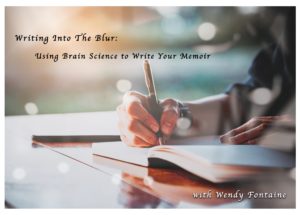Every writer I know has had trouble writing during the pandemic. Every artist I know has struggled to create. Sometimes art and stories feel meaningless. Plus, it’s hard to concentrate. But creation is more important than ever right now, as we try to find something to hold on to in the most difficult days.
I wrote nothing for four months. That might be the longest I’ve ever gone without writing in my entire life. Even as a kid I wrote poems. Even as a single mom I wrote columns. Those first few months of covid, though, they were tough. I couldn’t hold a thought, nevermind make a beautiful sentence.
I took classes instead. Zoom classes, of course. One in particular, with writer Laraine Herring about the processes and effects of grief, opened up a path. I wrote for 15 minutes a day – and not even every day, just most days. I wrote in pieces, whatever I could manage, then connected those pieces together. What I came up with encapsulated everything I’ve been feeling all these months: fear, anger, disappointment, suffering, disconnection. This is what I came up with. Thank you to Pithead Chapel for publishing it.
https://pitheadchapel.com/stuck-birds/




